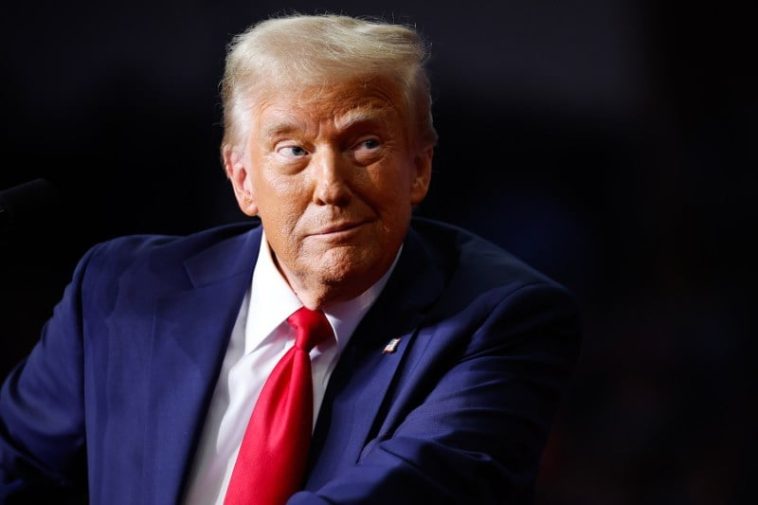President-elect Donald Trump has delivered a forceful warning to Hamas, demanding the immediate release of hostages held in Gaza, including U.S. citizens. Trump set a clear deadline, stating that if the hostages are not freed by the time he takes office on January 20, 2025, there will be “all hell to pay in the Middle East.” His comments mark a significant escalation in the rhetoric surrounding the hostage crisis and signal a potential shift in U.S. policy under his leadership.
The ultimatum follows the tragic confirmation of the death of Omer Neutra, a dual U.S.-Israeli citizen, whose body remains in Hamas custody. Trump expressed outrage over the ongoing captivity of hostages, asserting that any further harm would provoke a response “harder than anybody has been hit in the long and storied history of the United States of America.”
A Firm Message of Retaliation
Trump’s declaration comes as tensions in the region remain high. His statement not only demanded the release of hostages but also warned Hamas and its supporters of dire consequences should the situation remain unresolved. By emphasizing a deadline tied to his inauguration, Trump has signaled his intent to prioritize the issue from day one of his presidency.
The President-elect’s strong stance has been welcomed by Israeli leaders, including Prime Minister Benjamin Netanyahu, who have long sought robust U.S. backing in their efforts to rescue hostages. Netanyahu described Trump’s statement as a “clear message” to those holding Israeli and American citizens captive, reiterating his own government’s commitment to secure the release of all hostages.
Escalating Regional Concerns
While Trump’s ultimatum has been praised by some for its decisive tone, it has also raised fears of potential escalation in Gaza. Many in the region worry that heightened tensions could lead to a broader conflict if hostages are not released before the January deadline. Humanitarian groups in the region have expressed concerns about the impact of intensified military operations on civilians in Gaza, who are already facing dire conditions.
Hamas officials have dismissed Trump’s comments as mere political posturing, though some have acknowledged the seriousness of the threat. A senior Hamas spokesperson suggested that Trump’s ultimatum was aimed more at bolstering Israeli resolve than directly pressuring Hamas.
A Test of Resolve
Trump’s approach to the hostage crisis underscores his commitment to projecting strength on the global stage, a hallmark of his foreign policy during his first term. The ultimatum places immense pressure on Hamas to act while also signaling to allies and adversaries alike that the incoming administration will not tolerate the targeting of U.S. citizens abroad.
With the clock ticking toward January 20, the situation remains fluid and tense. Whether Hamas will release the hostages in response to Trump’s demands or risk provoking the severe retaliation he has promised remains to be seen. The coming weeks will likely shape the trajectory of U.S.-Middle East relations under Trump’s presidency and set the tone for how his administration addresses threats against American citizens and allies abroad.


